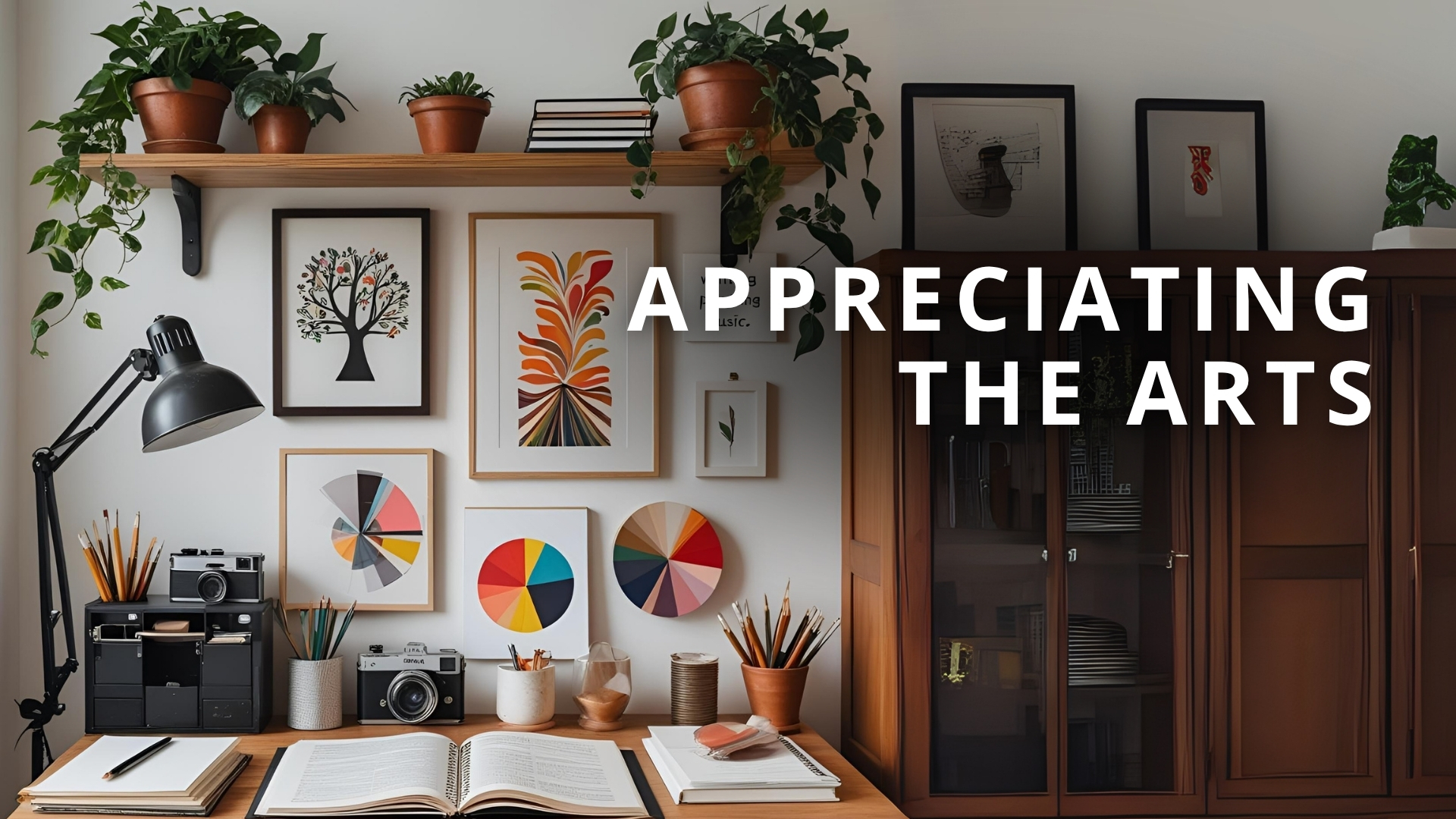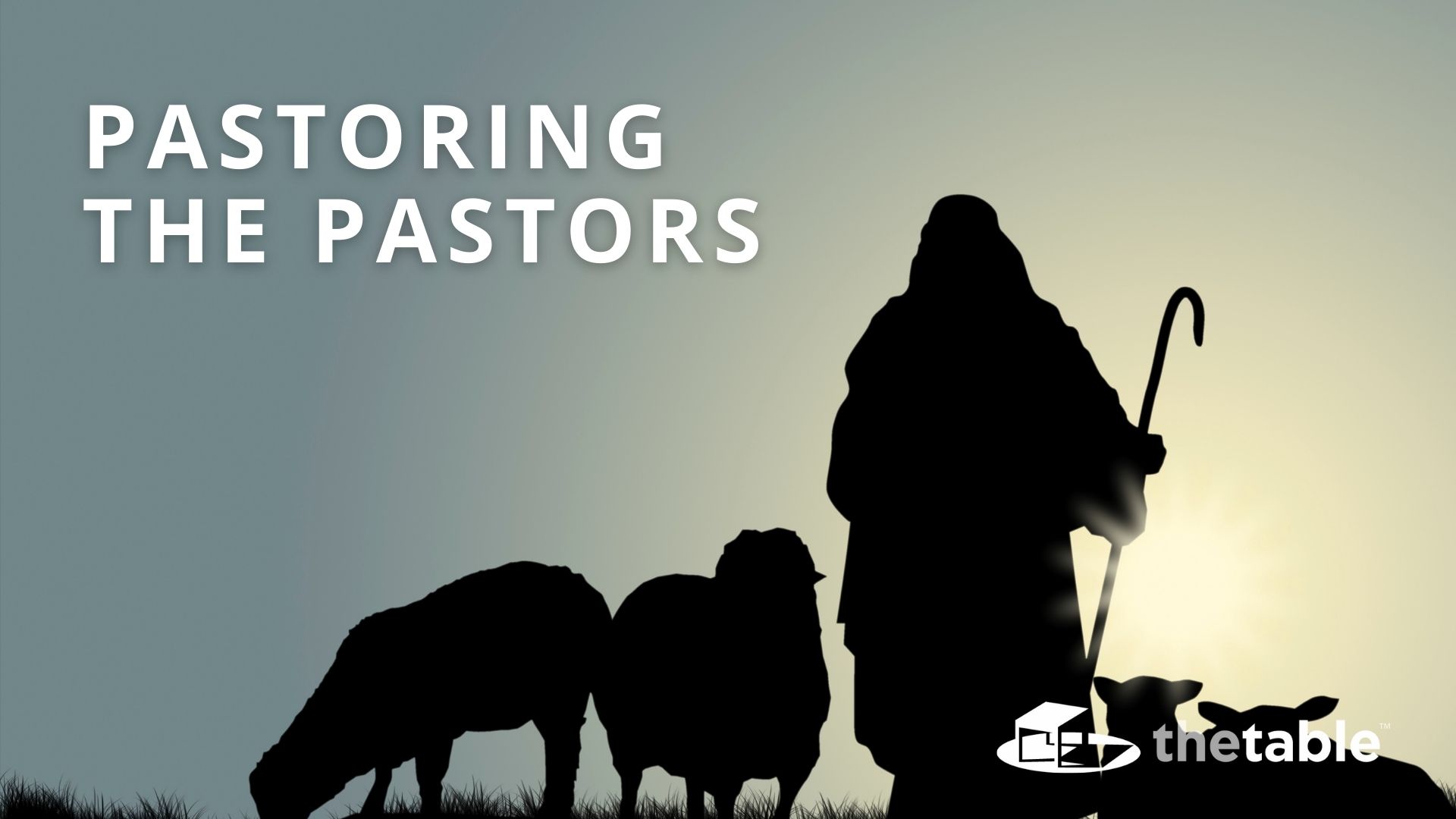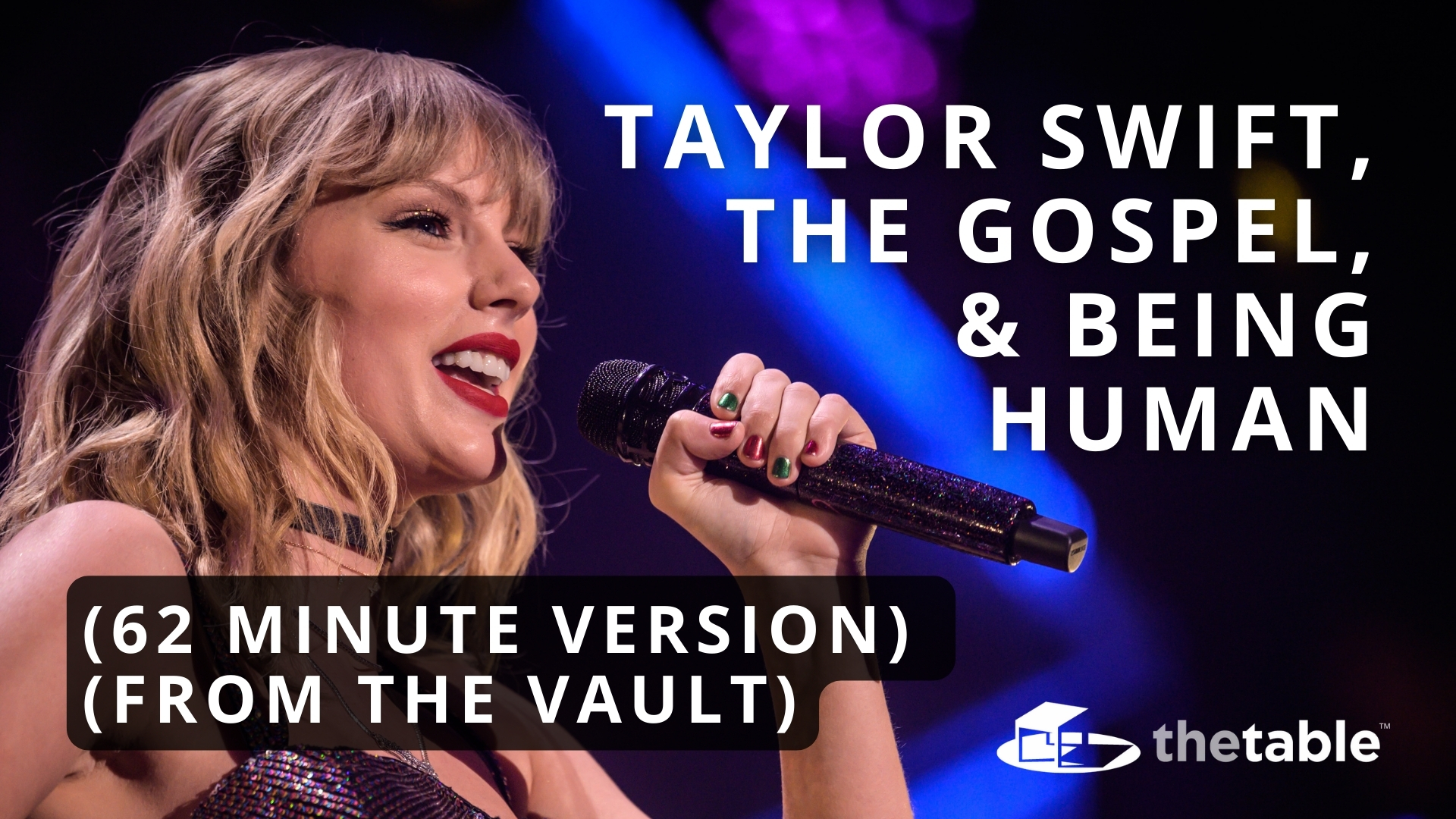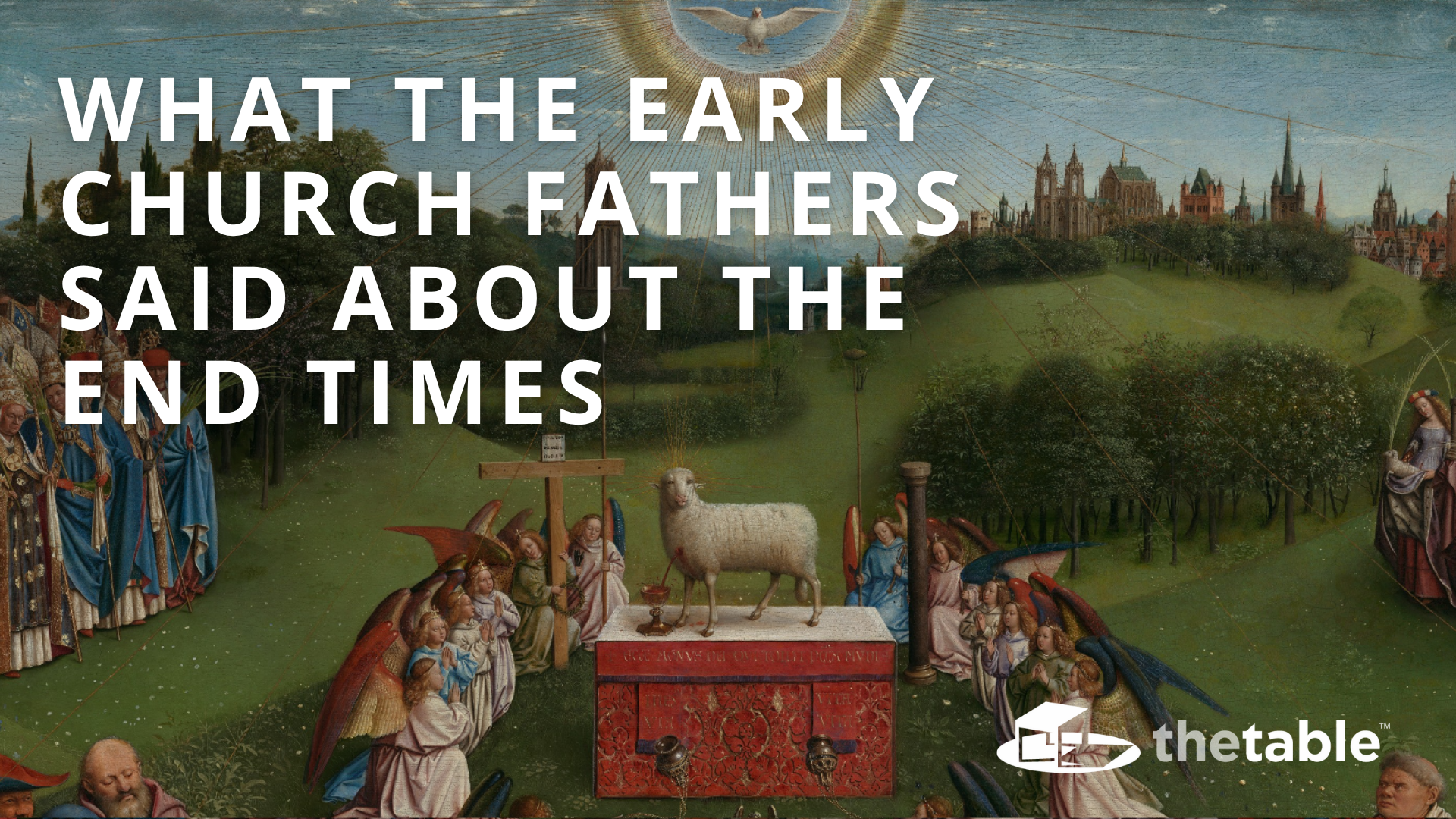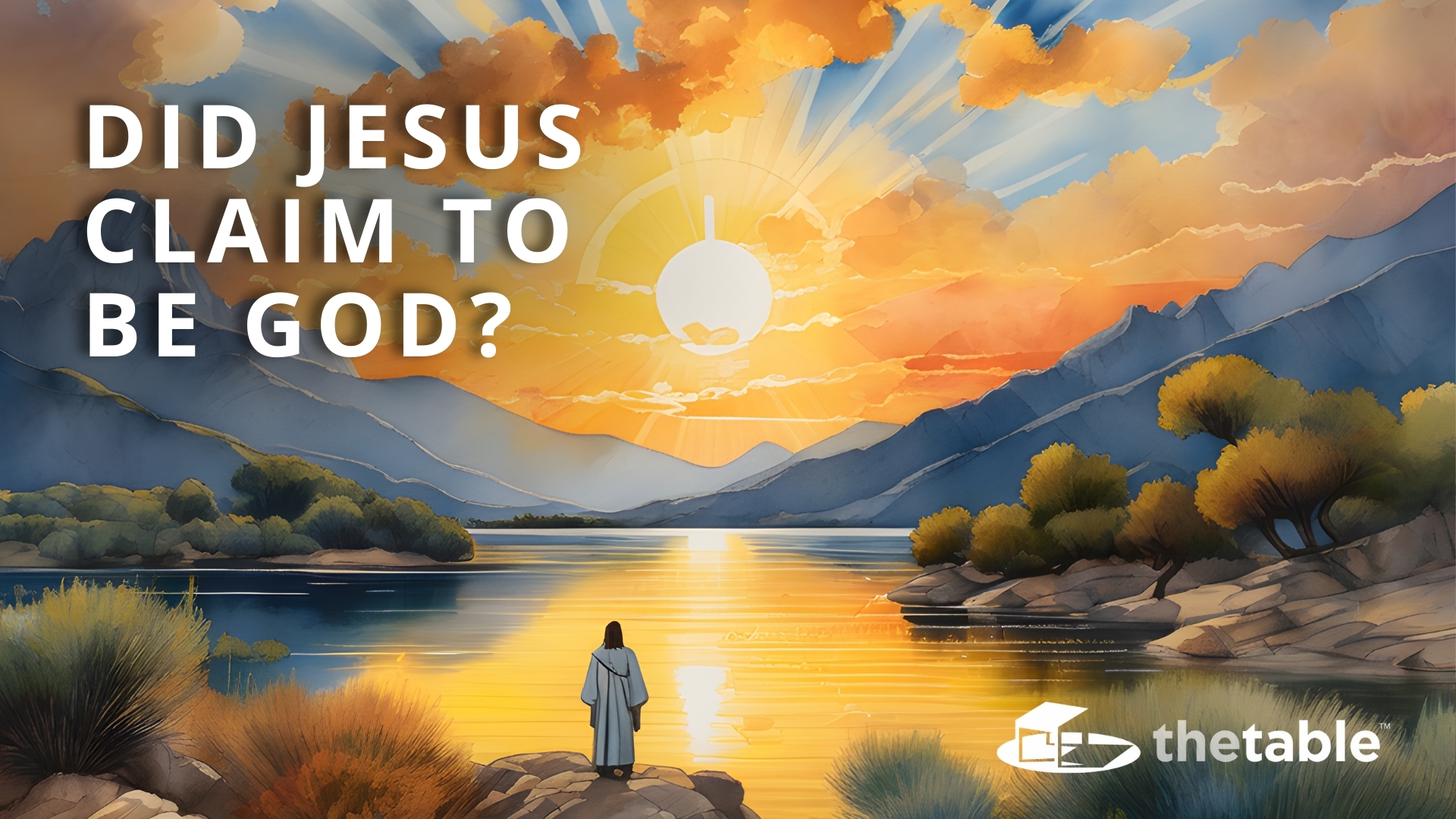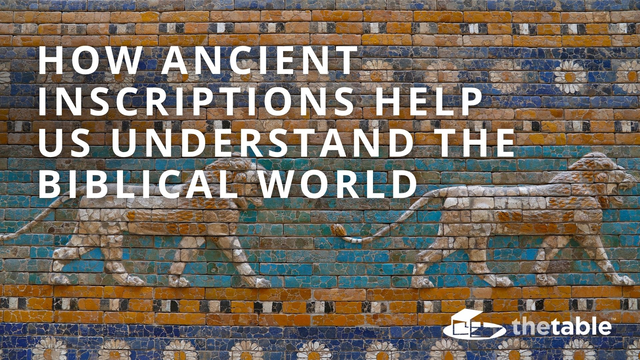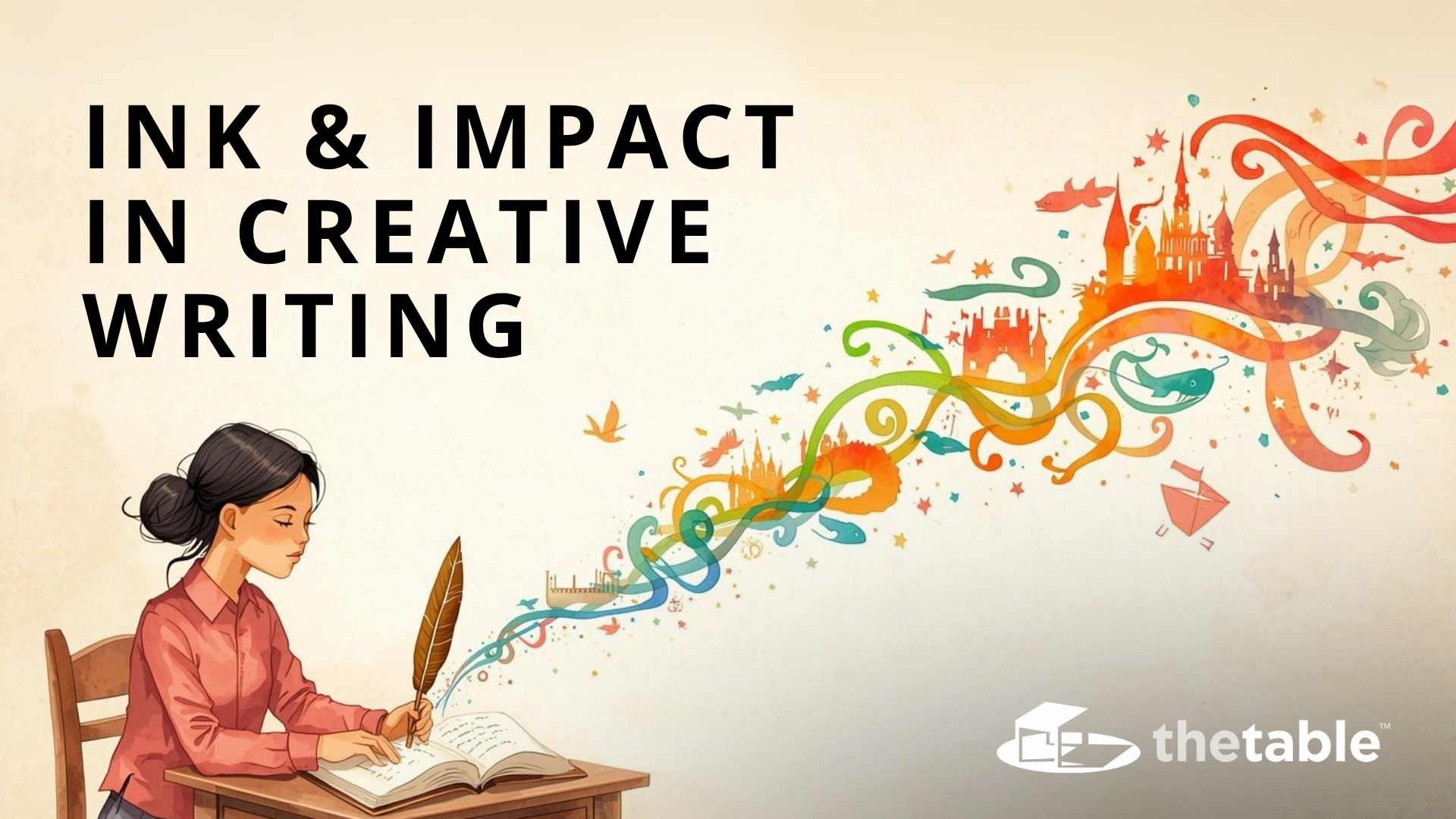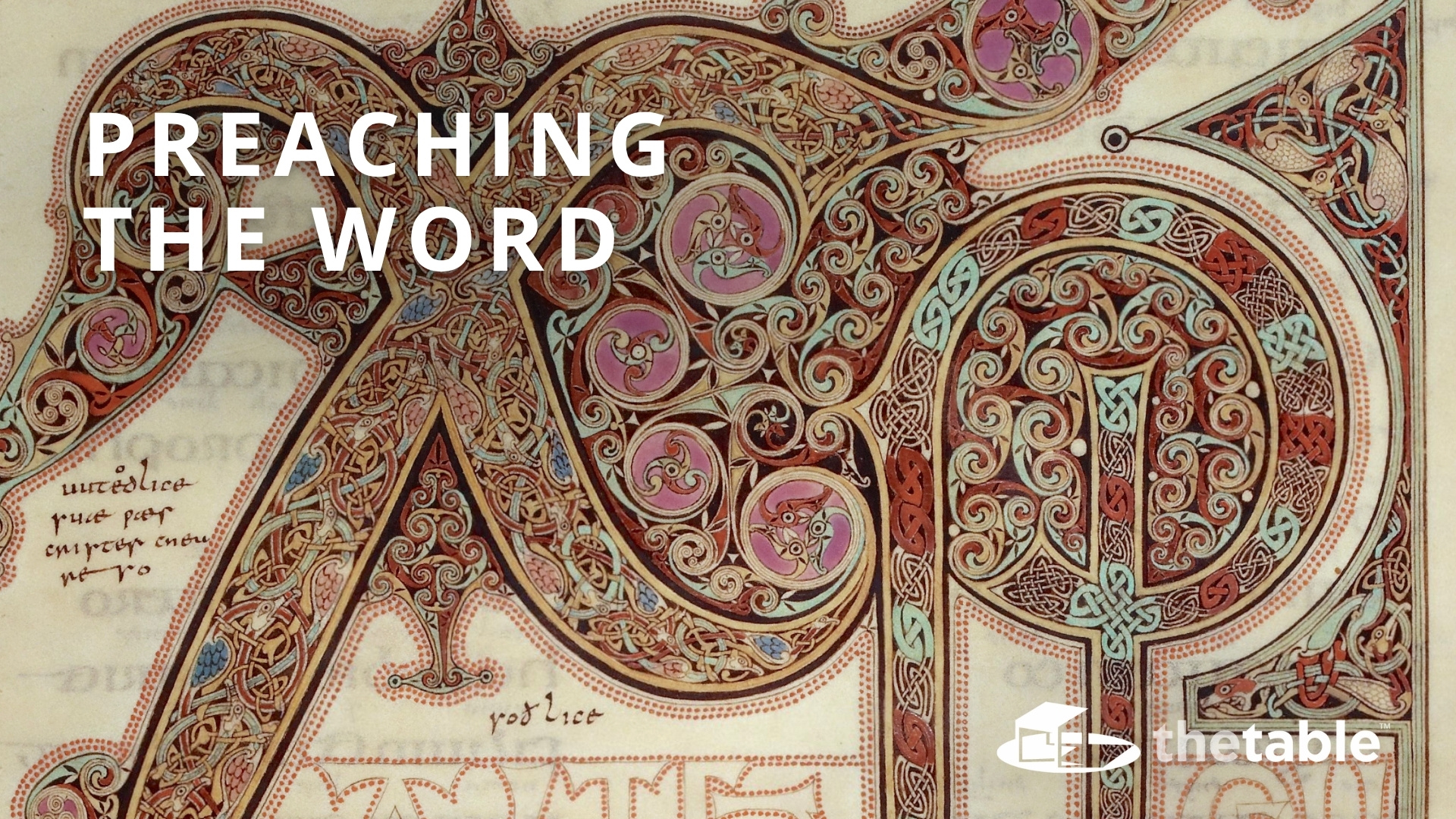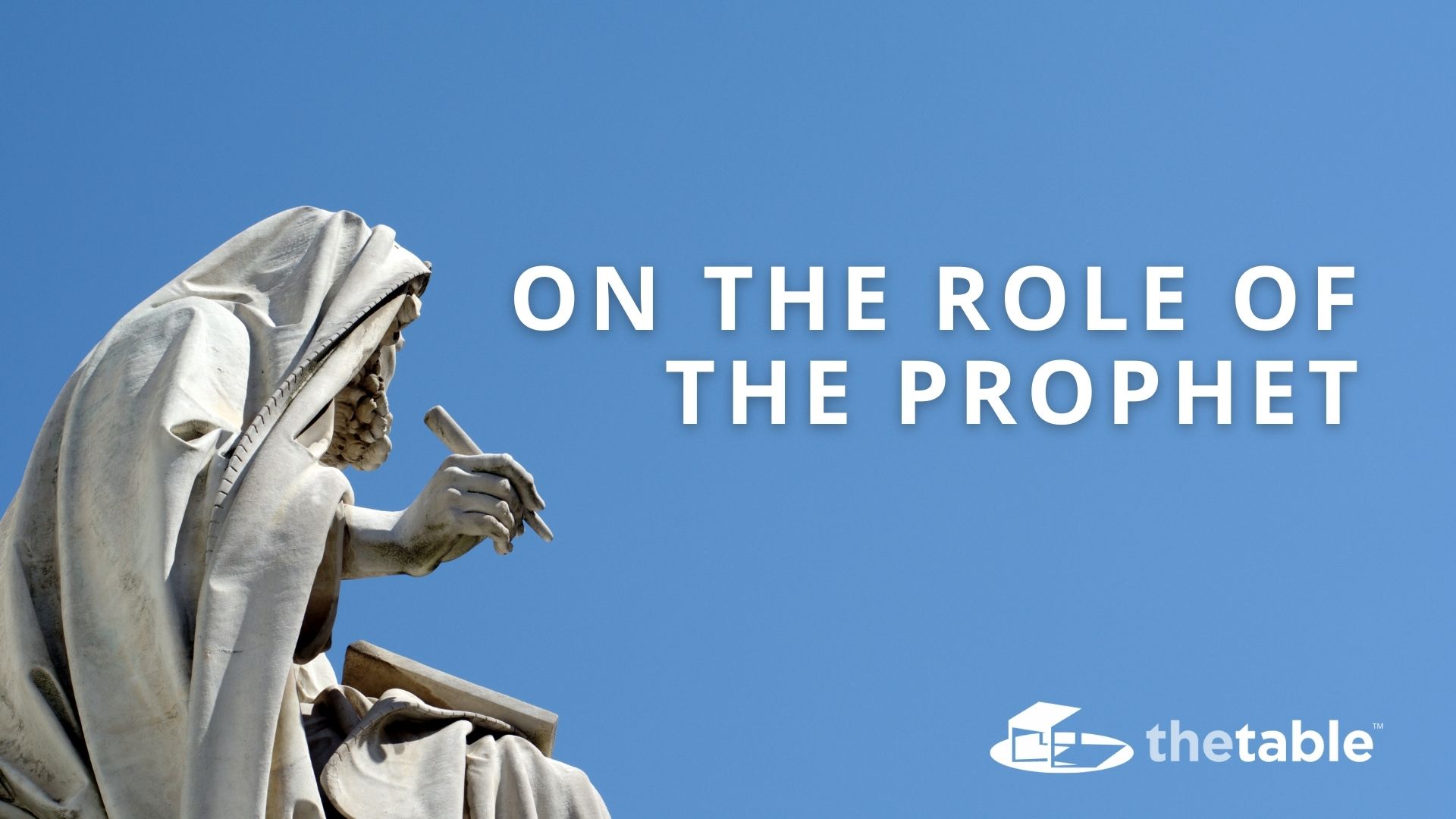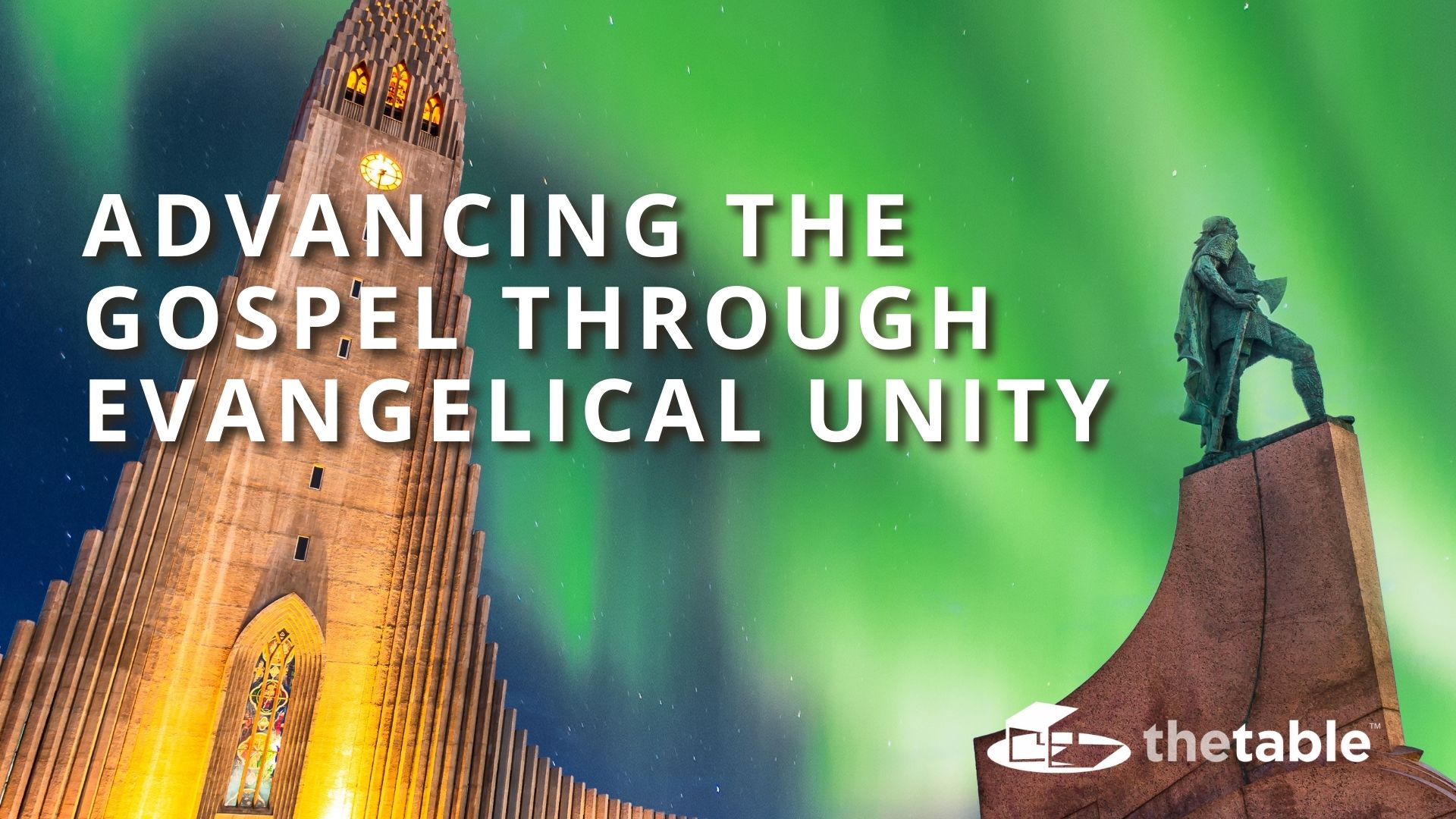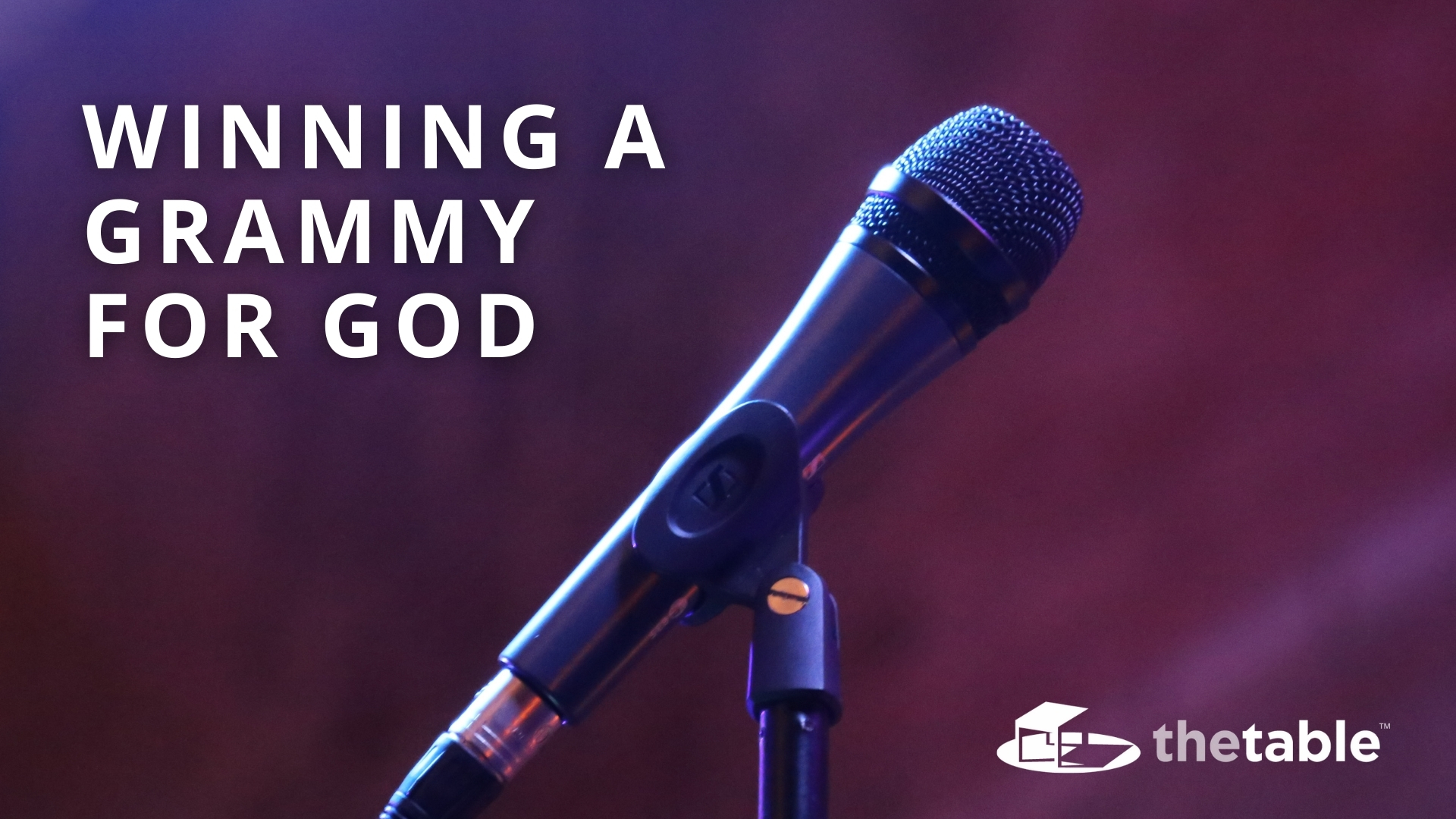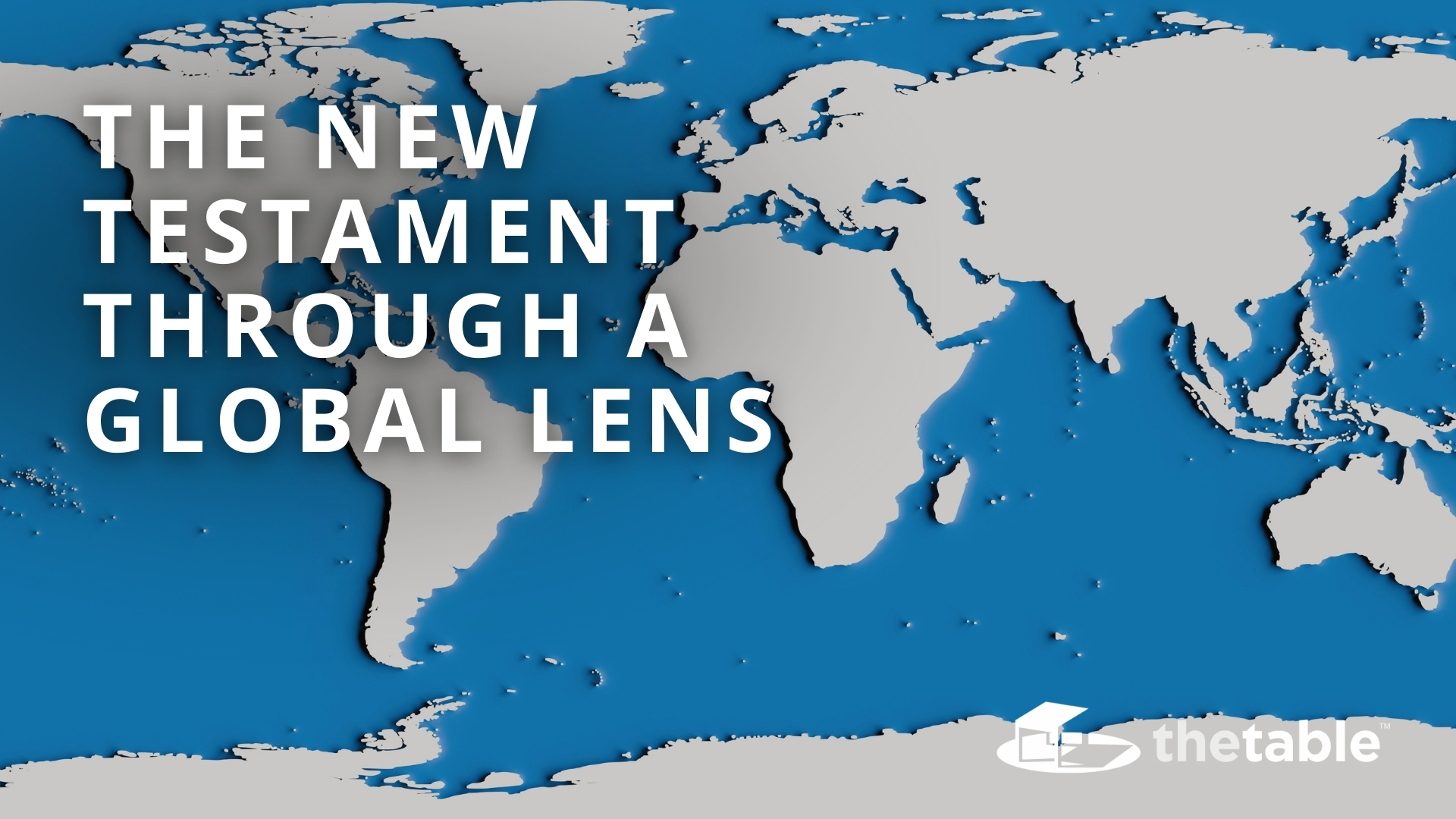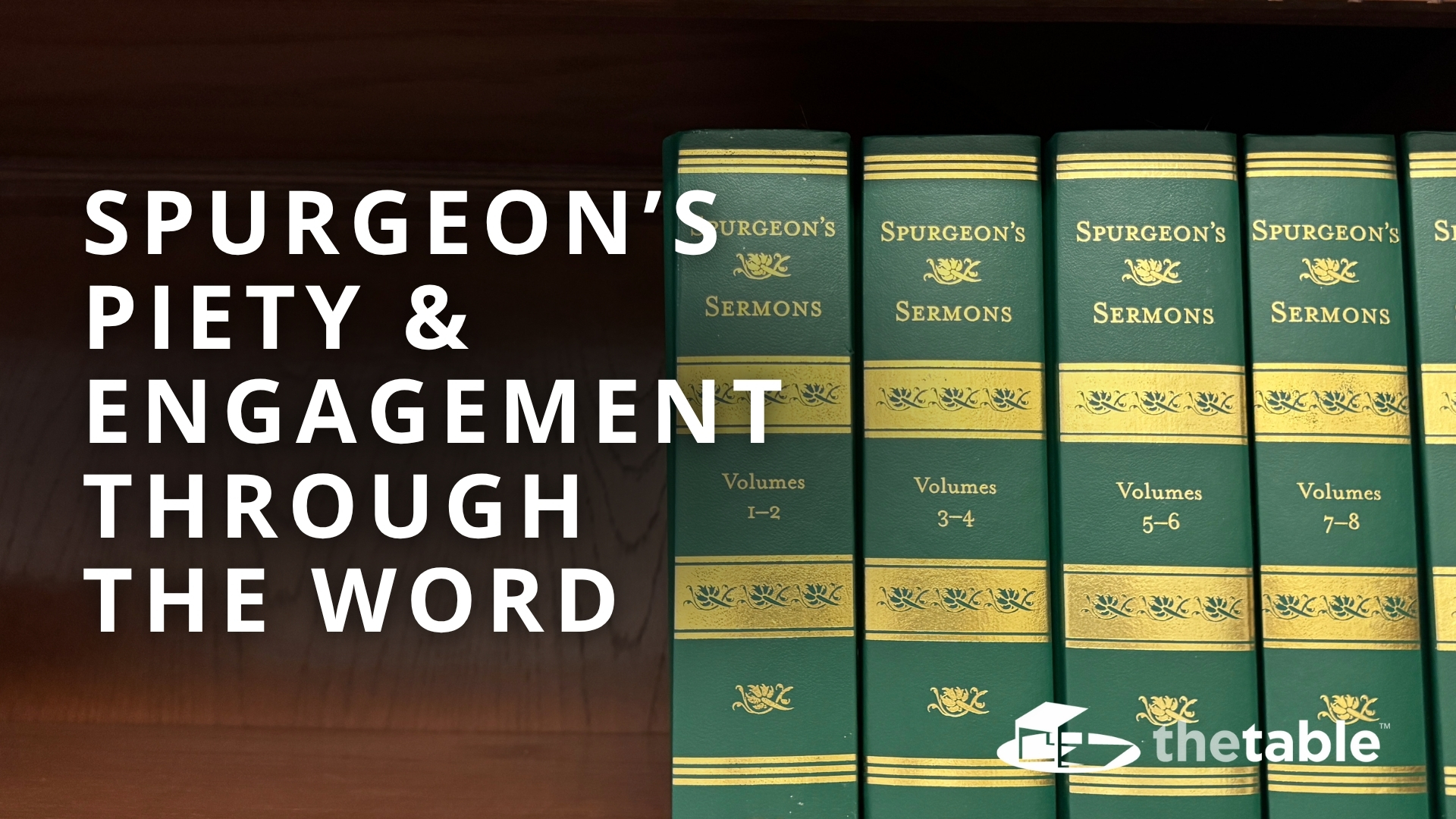Appreciating the Arts
Description
Kasey Olander:
Welcome to The Table Podcast, where we discuss issues of God and culture to demonstrate the relevance of theology to everyday life. I'm Kasey Olander. I'm the web content specialist here at the Hendrick Center, Dallas Theological Seminary, and I'm grateful that you've joined us for our topic today. We're going to be discussing the arts, and I'm eager to delve into it with these two gentlemen that we have here. Our first guest is Dr. Neil Coulter, senior writer and editor of DTS Magazine, and adjunct professor in Media Arts and Worship at DTS. Neil, thanks for being here.
Neil Coulter:
Thank you, Kasey.
Kasey Olander:
Yeah, our other guest is Todd Agnew. He's the department chair of the Media Arts and Worship Department here at DTS. Todd, thanks for being here.
Todd Agnew:
Thanks for having me.
Kasey Olander:
Yeah. Well, I will start off by saying that this is sort of a sequel or I don't know what comes after a sequel, but a follow-up episode to an episode that we did called, Why Christians Care About Art and Beauty, is episode number 596. We released it originally in March of 2024, and that conversation was so rich that I was like, "Well, we really need to further explore this." It was with Neil Coulter and Brian Chan and we talked about those two topics, which really, I mean, are their own topics in their own right. And so you can also watch Beholding Beauty with Dr. Brian Chan, which we released originally in January of 2025. And so this episode now that beauty has been further explored, we're going to explore more of the artistic dimension, the artist side. And so to start off, Todd, I'll probably start with you, but could each of you tell us what's your experience with the arts? How did you start reflecting on it and your engagement with the arts?
Todd Agnew:
Yeah, absolutely. So music has always been my world. I love all kinds of art, but music is absolutely my field. I like to draw, I like to write, and I'm terrible at all of it, but there's still some benefit to doing it I think. So I grew up in church and so naturally went into the Christian music world and the part I fell in love with was leading worship. And so I got the opportunity to do that and then continued to get opportunities.
And so I've lived in that world for a long time now, and I reached a point in my career where I had gotten to do the touring and the radio and the kind of crazy side of it and really felt God bring me to a turning point of saying, "Hey, you can continue to chase that, or you can start to train the next generation people that are going to do that." And that's what led me here. And so now we're having those conversations and partially passing on what I've learned, but also starting to just, "Hey, let's have these conversations about the arts and not just me and my specialty, but in general, what does this look like for the church and for believers?" And it's been a wonderful season.
Kasey Olander:
Yeah, that's awesome. I like that you highlighted, one, different facets of the arts in addition to drawing, but writing and music and different things. But I also like that you said humbly that you're not very good at them. So I want to come back to that because a lot of times people only enjoy things that they're good at.
Todd Agnew:
Right. I'm glad we're going to come back to something I'm bad at. That's going to be awesome.
Kasey Olander:
Yeah, you're welcome. Neil, what about you?
Neil Coulter:
My background is also in music. I went to college as a saxophone performance major, so I'm a wind player, saxophonist specifically. And during those four years of college, I shifted from performance and really found a love for the history and the theory aspect of the study of music. And that took me to graduate work in ethnomusicology where I continued to fall in love with all those aspects as well as the cultural aspect of how music is a communicative tool within cultures and how that changes from one culture to the next.
That ended up taking me and my family to overseas with Wycliffe Bible Translators where we worked in Papua New Guinea for 12 years working with local communities that for the most part were in the midst of a Bible translation project and we were engaging with those communities to help them write new songs and just bring their local art forms into their new engagement with the scriptures as they were being translated, which was a wonderful, wonderful ministry. And we just loved connecting with people in that way. And then we were called back to the US to do teaching in higher education, and that has led me to DTS.
Kasey Olander:
And we're grateful for that. But that is so valuable. The global perspective that you're bringing is not just like, "I've lived in this one place my whole life," but you've gotten to see different dimensions of the arts in different cultures. So now that we've alluded to it and we talked about how each of these men are musicians, but what all should we think of when we think of the arts? What all does that encompass?
Neil Coulter:
Oh, boy. Everybody's looking at me. This is a complicated question that really we could take the whole time just unpacking that because when we say art or the arts, there is not a single universal objective definition of what that is. It's a perception and it's a cognitive framework that we apply to what we see and what we encounter. So in every society, in every community, what people regard as art might be different or they might not regard anything as art. So it's a category and where I grew up, my background in America, we separate all sorts of things into little tiny categories. And so we have categories for the arts, and then we have categories for specific kinds of arts and categories for genres within those categories of arts.
So we like putting things in small boxes where other communities might not see what they're doing in those categories as art or non-art. They might… When I travel around the world, I see things that my perception recognizes as artistry, but to the people who are doing it, it may be everyday mundane functional object or it may be a ritual object. They're not separating it out into the same categories. And so it's complicated to say what is art or what are the arts, because it really does differ from place to place. Overall, I would say that the arts are intentional communicative acts of sharing something with an audience with another person.
Todd Agnew:
Yeah, no, that's great because that is the confusing thing about art is that being an artist and being an academic, which means I'm familiar with the arts and I like to define things that it's hard for me to put in a sentence, "Hey, this is what art is," and yet if I say art or the arts to anybody, to a five-year-old kid, they know exactly what we're talking about. It's this weird concept that people understand, but it's hard to build the box around it, which artists probably kind of like that. But at its core, I think it's making things its creative expression of some sort. And the interesting thing about it also is that it is the process of doing it and the end result, both of those things are considered, and if you somehow can tie all that together, then you'll start getting a handle.
Kasey Olander:
And I mean that allows it to encompass so many other things besides, I think people usually just think of drawing and painting, and that's art. When I go to an art museum, that's kind of what I expect to see. But already we've alluded to music, but there also could be photography and film and theater, literature, storytelling. I think in our last episode, Neil, you mentioned humor. And so that's another dimension to explorers that it's not as easy to put in a box as some might prefer.
Todd Agnew:
I mean preaching. Preaching is an art. You can definitely listen to a preacher and go, "Hey, their content is great, and they present it very clearly, and that is their artistic choice." And I've heard a one preacher that I went, "That's the most beautiful thing I've ever heard." I mean, he was a craftsman that he was weaving lyrics in and out of it. I mean, it was this gorgeous thing and I got to work with him for a week, and I loved every sermon, but we see it in so many different things. So I'm glad you brought that up.
Kasey Olander:
Yeah.
Neil Coulter:
It's something… It's a set apart action. When you preach, you're speaking, but it's not like you're just talking, having a conversation, you're doing something that is deliberately, purposely set apart to be something else. It's planned differently. It has different boundaries around it.
Kasey Olander:
That is really fascinating. So I like that you guys have helped us to create a framework that's still a little bit fluid in terms of what we're talking about with the arts. I want to go back to Todd. You said that it's not just the end result, but it's also the process. Can you speak a little bit to, not the specific things that you're bad at, but I mean how can somebody enjoy something that they don't feel like they excel at, either the end result or the process?
Todd Agnew:
Yeah, absolutely. When I was here doing my THM, I took the creative writing class with Dr. Glahn and I was in there and I really enjoyed it. And then I kind of got stuck in the middle of the class and I had talked to a different friend of mine that was working on staff here, and I came into our office and I'm like, "I'm just doing this." And I tried to describe where I was and I was working on poetry and she's like, "T

